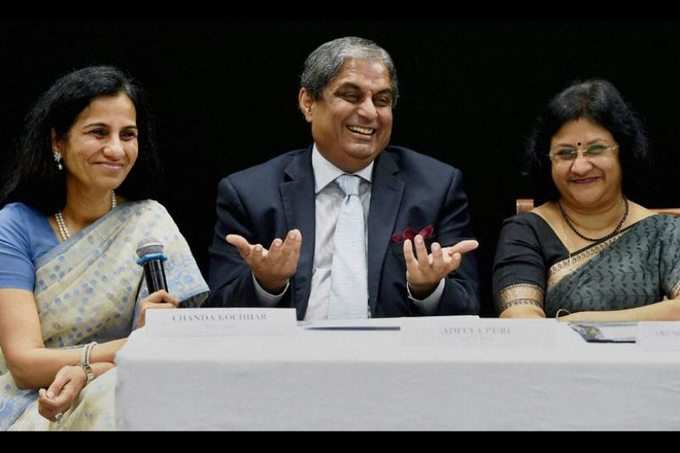 RBI Governor
RBI Governor,
Raghuram Rajan’s stern warning at the post Monetary Policy announcement press conference seems to have had a serious impact on three of the country’s largest banks. After dilly-dallying for almost the entire day yesterday,
SBI, ICICI and HDFC banks cut
interest rates. The announcement came even as people across the country were ready to call it a day!
ICICI led the pack with the biggest cut, a 25 basis point reduction in its interest rates, while India’s largest bank SBI and the country’s second largest private bank stuck to a minor
slash of 15 basis points.
Although Rajan had cut the key rate twice since the beginning of the year, once in January and then in March, commercial banks had kept their lending rates unchanged. The argument largely has been that liquidity in the system was not sufficient and that their deposit costs had not fallen since competing rates on small
savings are higher. They expect the central bank to release more liquidity in the form of a reduction in
CRR, or by buying dollars from the market.
Earlier in the day,
Aditya Puri,
MD& CEO of
HDFC Bank had said right after the policy announcement, “A base rate cut is the function of deposit cost. If the deposit cost goes down, base rate cut will happen. The trajectory is down so the rate cut is coming... Somewhere between now and June there could be some reduction in interest rates." The comment signalled that the banks, clearly, were in no mood for an instant reduction in their lending rates.
However, the RBI and more specifically Rajan has been unwilling to buy into this argument, even terming it ‘nonsense’ during the media briefing post the policy announcement. He had told reporters, “I do see an
environment where credit growth is tepid, banks are sitting on money, and their marginal cost of
funding has fallen. The notion that it has not fallen is nonsense. At some point, the pressure on banks will tell. As it is, corporates are borrowing from markets. If it happens sooner, it is better for the economy."
But he took some steps to shake up the financial sector. State-run banks, which are in the midst of a transformation with chief executive positions thrown open to candidates from the private sector, will see their board members also receiving compensation on par with non-state rivals such as
ICICI Bank, and HDFC Bank.
This is aimed at improving the leadership at state-owned banks, which lag private-sector peers in terms of profitability.
